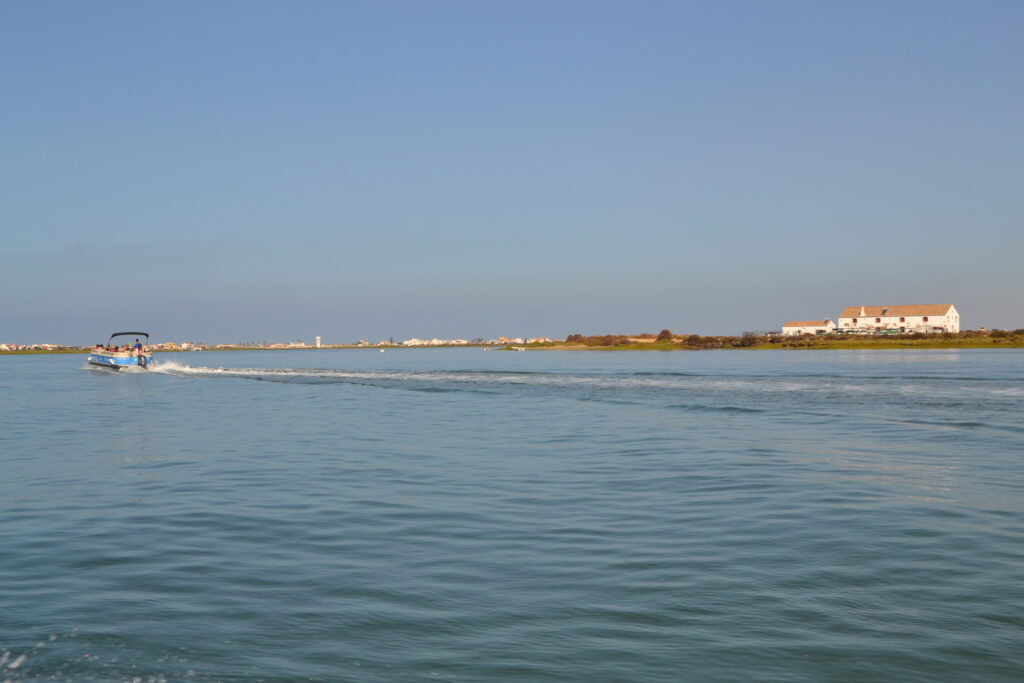This public consultation thing is a nuisance and a lot of work, but, “noblesse e UE oblige” and the “thing” happens.
But it happens in a way designed to minimize the problems of decision makers. This is how, invariably, public consultations are launched by land, sea and air during the vacation period, on documents with hundreds of pages.
And because the holidays don't wait, last summer there was even the paradox of a public consultation by a regional entity that was published on three sites with three different deadlines for completion.
The document “Simplification of licenses and procedures for companies in the environmental area” – Simplex Ambiental, was also submitted for public consultation between the 4th of August and the 16th of September last and, as expected, went virtually unnoticed by the majority of citizens.
The deadline for public consultation was short for a process that had already started crookedly: Simplex was prepared with contributions from private operators who will benefit from the proposal, while civil society, namely environmental organizations, was not called to participate to defend the public interest.
In short, the Government, with this discrimination, gave the key to the henhouse to the fox.
The express intention ofsimplification of administrative activity through the continuous elimination of licenses, authorizations and unnecessary administrative acts, in a logic of 'zero licensing'» is, from the outset, necessary and urgent.
However, putting simple situations in the same bag, mixed with complex projects, which can irreversibly threaten and compromise our ecosystems, does not bode well – for example: applying zero licensing to authorize the reuse of treated wastewater in accordance with all the legally established parameters is significantly different from exempting urban subdivision projects from Environmental Impact Assessment.
The document also proposes that tacit deference becomes the rule when it should be the exception, as it has been until now. It is intended to reduce the cases in which the environmental impact assessment is mandatory, preventing civil society from pronouncing on countless processes that may affect our common future and, in addition, the scope of tacit approval is also extended to all situations in which that the deadlines for public entities to pronounce are exceeded.
One cannot mistake, let alone substitute, the efficiency of the processes for the speed in the decision of these same processes.
The validity of an EIA can never be measured by the Time vector, but by the Rigor of the assessment.
By "simplifying", without previously creating mechanisms, or modifying the working conditions that lead to changing established behaviors and allowing the supervision of practices, it is maintaining and/or opening the way to laxity, since the deadlines may continue to not be complied with, with the only consequence being the replacement of the evaluation process by tacit acceptance.
In addition, placing the responsibility for the slowness of the processes only on the side of the public administration, making a clean slate of the reality that many companies and operators are, in turn, also responsible for this slowness, whether due to lack of skills (several) or lack of of conditions, or by deliberate non-cooperation, is at least ignoring the Portuguese business reality, being conniving and washing your hands of the root of the problem.
And the icing on the cake is Article 130, point 6, which confirms the tacit approval even if fees and expenses have not been paid. Amazing!
At a time when it is crucial to safeguard our natural resources and ecosystems and give them priority over economic interests of any kind, the administration wants to “play dead” and bet on “co-responsibility and self-control by operators”.
Basically, the administration wants the impossible: sun on the threshing floor and rain on the nabal – it exempts itself from responsibility for the delay in licensing processes and believes that the operators will be good and compliant.
Simplex is, therefore, clearly swimming against the current with regard to Community environmental legislation and sacrificing public assets to private interests. No wonder, then, that civil society organizations are unanimous in their criticism of the document.
It even launched a public petition which considers that “Simplex for the Environment is the most serious threat to the sustainability of the territory of Portugal in recent decades” and asked for the intervention of the Prime Minister in order to amend the document. But the President of the Republic, instead of vetoing it, approved the document…



















Comments